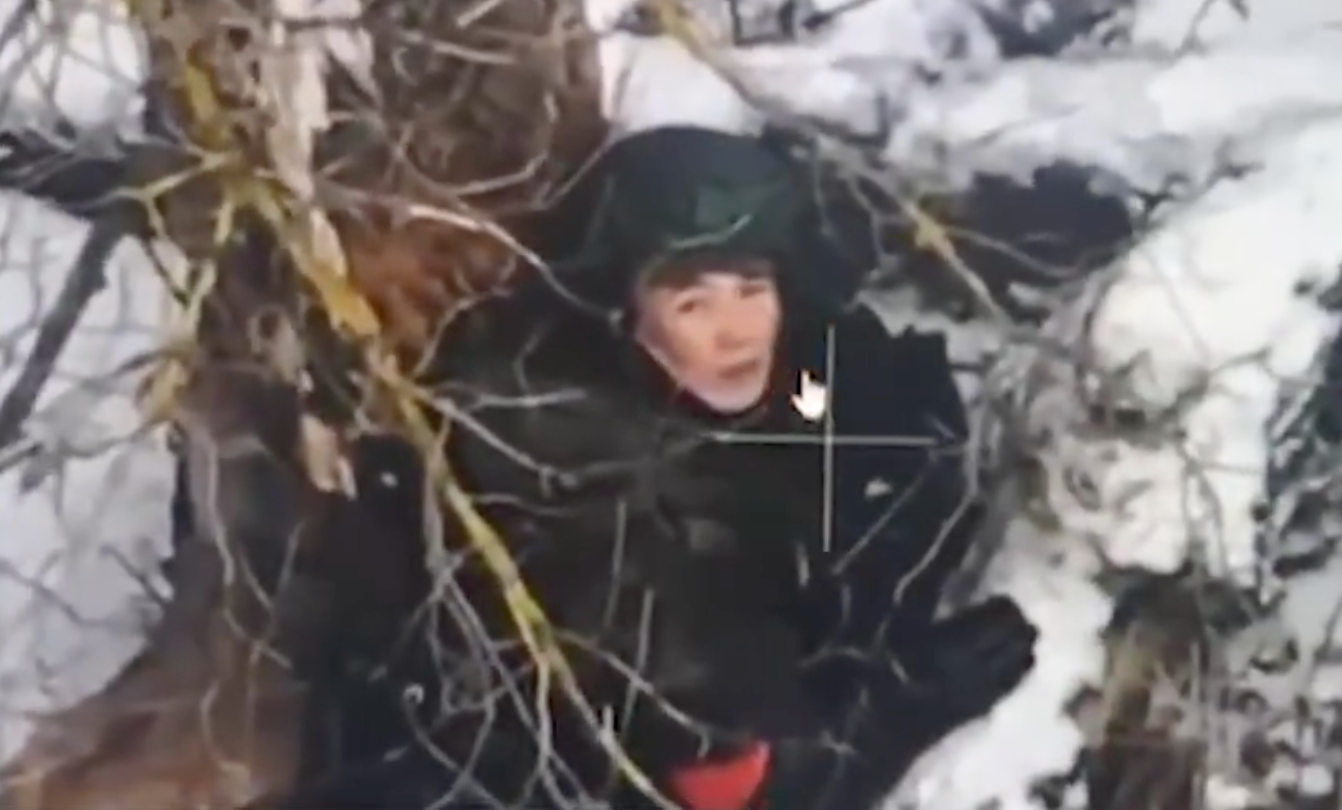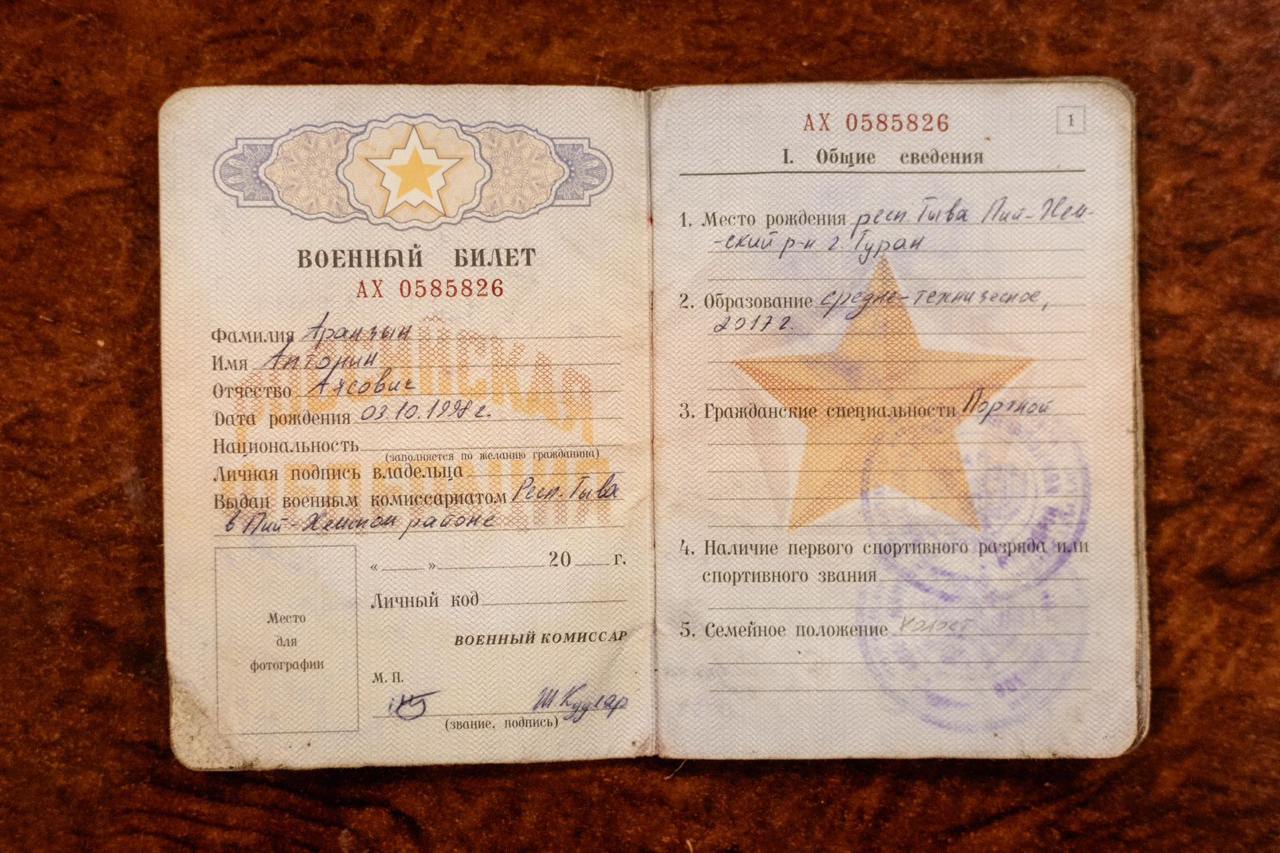North Korean troops have been pulled back from the frontline amid devastating losses, according to Ukrainian and American officials.
Kim Jong Un’s forces have not been seen on the battlefield for around three weeks, Ukrainian special forces said.
The reports have been backed by South Korea’s spy agency, who said that the North Korean troops had been withdrawn from the war frontline around the middle of January, the National Intelligence Service said,
"Since mid-January, there have been no signs of North Korean troops deployed in Russia's Kursk region engaging in combat," the NIS said.
Heavy casualties among North Korean troops appear to be one reason for the absence of North Korean troops, the agency said, adding that efforts are underway to determine the exact reason.
Pyongyang sent roughly 11,000 soldiers to help with Vladimir Putin’s war effort in November last year, four months after Kyiv’s troops seized Russian territory in Kursk.
They quickly gained a reputation as being fierce, “committed” soldiers, who would often choose suicide over surrender, but were hampered by poor tactics and a language barrier.
In January, South Korea’s National Intelligence Service said 300 of Kim’s soldiers have been killed and another 2,700 wounded since joining the conflict.
The officials told the New York Times that withdrawn troops may return after receiving reinforcements and additional training.

The last written notes of a North Korean soldier killed in battle suggested the brutal tactics they were forced to adapt to under Russian commanders.
An entry described how Pyongyang’s troops were ordered to stand within seven metres of Kyiv’s drones as covering soldiers try to shoot them down.
On one notebook page, a crude drawing shows a stickman soldier breaking cover to attract the attention of a drone, while his two comrades lie in wait to shoot it down.
“When the bait stands still, the drone will stop and it will be shot down,” the soldier wrote in scrawled handwriting, translated by The Wall Street Journal.
The diary, which was found on 21 December and has been authenticated by experts, was written by a young soldier who died in a firefight alongside two compatriots, Ukraine’s special forces said.

It was published a day after Ukraine’s president Volodymyr Zelensky said that Ukrainian forces had captured two North Korean soldiers and proposed a prisoner swap with Pyongyang.
In the video shared by Mr Zelensky, both soldiers appeared injured.
One of the soldiers, who appeared in the video lying down, said he did not know he was fighting in a war against Ukraine and that his commanders told him it was a training exercise.
One of the prisoners carried a Russian military ID card that Mr Zelensky claimed was “issued in the name of another person”.
The Ukrainian intelligence agency SBU showed an ID card issued to a 26-year-old man from Russia’s Tyva region bordering Mongolia.







